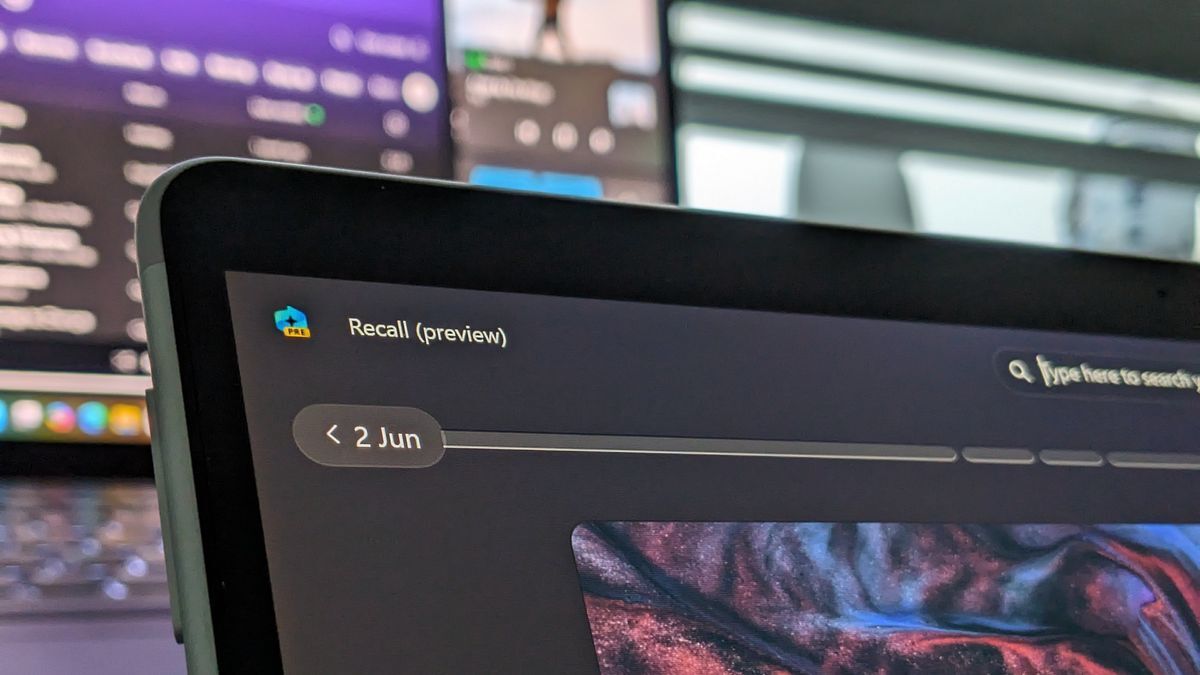It’s a nightmare scenario for Microsoft. The headlining feature of its new Copilot+ PC initiative, which is supposed to drive millions of PC sales over the next couple of years, is under significant fire for being what many say is a major breach of privacy and security on Windows. That feature in question is Windows Recall, a new AI tool designed to remember everything you do on Windows. The feature that we never asked and never wanted it.
Microsoft, has done a lot to degrade the Windows user experience over the last few years. Everything from obtrusive advertisements to full-screen popups, ignoring app defaults, forcing a Microsoft Account, and more have eroded the trust relationship between Windows users and Microsoft.
It’s no surprise that users are already assuming that Microsoft will eventually end up collecting that data and using it to shape advertisements for you. That really would be a huge invasion of privacy, and people fully expect Microsoft to do it, and it’s those bad Windows practices that have led people to this conclusion.



Isn’t Ubuntu Debian based? Or is that no longer the case? I haven’t used it for about a decade.
It’s Debian-based, but Canonical has been really Microsofty about its development. They now have Snap as a universal packaging format, and have mandated that all official Ubuntu flavors (so X/K/Lubuntu and others, but not derivatives like Mint) must include Snap, and must not include Flatpak in the default installation. They’ve also fucked with APT where installing certain packages, like Firefox, would first install Snap and then the application’s Snap package, without even telling the user. They’ve had some controversy with Amazon ads in the search results, and advertising Ubuntu Pro in the fucking terminal. The default GNOME desktop also has a ton of issues.
I, and many others, recommend against Ubuntu. Linux Mint is the most commonly recommended “just works” distro. That being said, switching to Ubuntu, if able, is still preferable to staying on Windows.
I agree most of this is fucked up, though I don’t know what search results you mean. Also, I always find it funny that people refer to the Ubuntu pro thing as “ads”. Yes it technically is, but it is a fuck ton less shitty than what we’ve come to know as ads in literally every other context. It’s literally a couple lines of text about packages you can get premium updates and support for
IIRC: about decade ago Ubuntu (still with its own Unity DE) processed system search in a way it shoveled amazon ads to users in first places. Or something lime that.
The Unity desktop’s search would display Amazon ads based on the query. https://en.wikipedia.org/wiki/Ubuntu#Conformity_with_European_data_privacy_law
It’s like the “nazi bar” anecdote. It always starts small. You let in a bit of ads, a bit of self-promotion, then the revenue reaches a plateau. You let in a little more ads, maybe a pop-up saying that you could be more secure. Then a few years later you have a Recall situation. If you let one nazi drink at your bar, he’ll bring his friends, and you’ll be running a nazi bar.
I don’t trust Canonical to act with integrity.
It’s debian-based, but such an outlier from the rest of the linux ecosystem that it might as well be its own beast.
Yes, it is, although there are many differences between both.
Many suggest Linux Mint (one of the best regarded beginner distro) as well, which has two versions, one based on Ubuntu and the other on Debian.
So, the three are like Debian’s most popular branch.
Yes, always has been to my knowledge